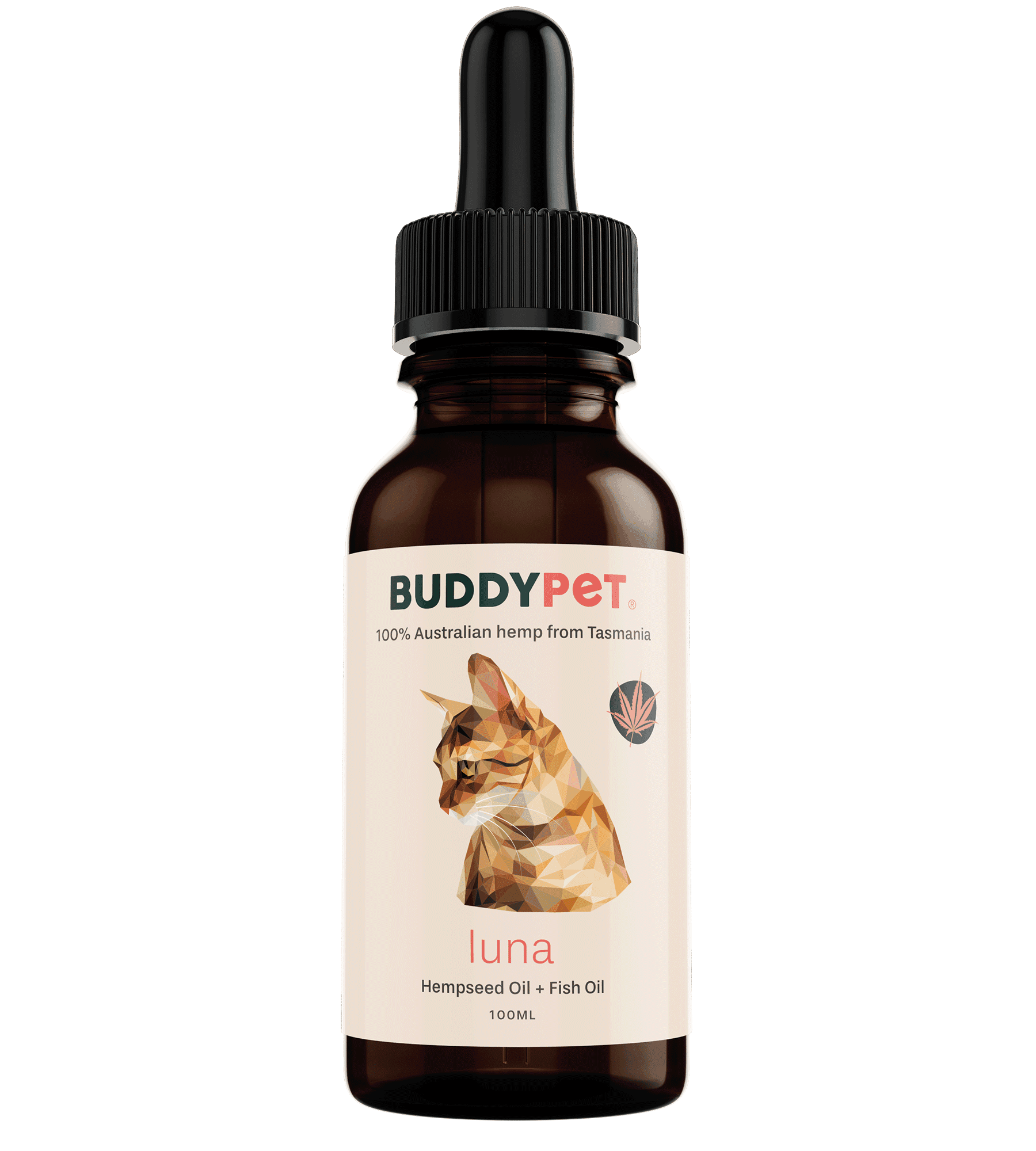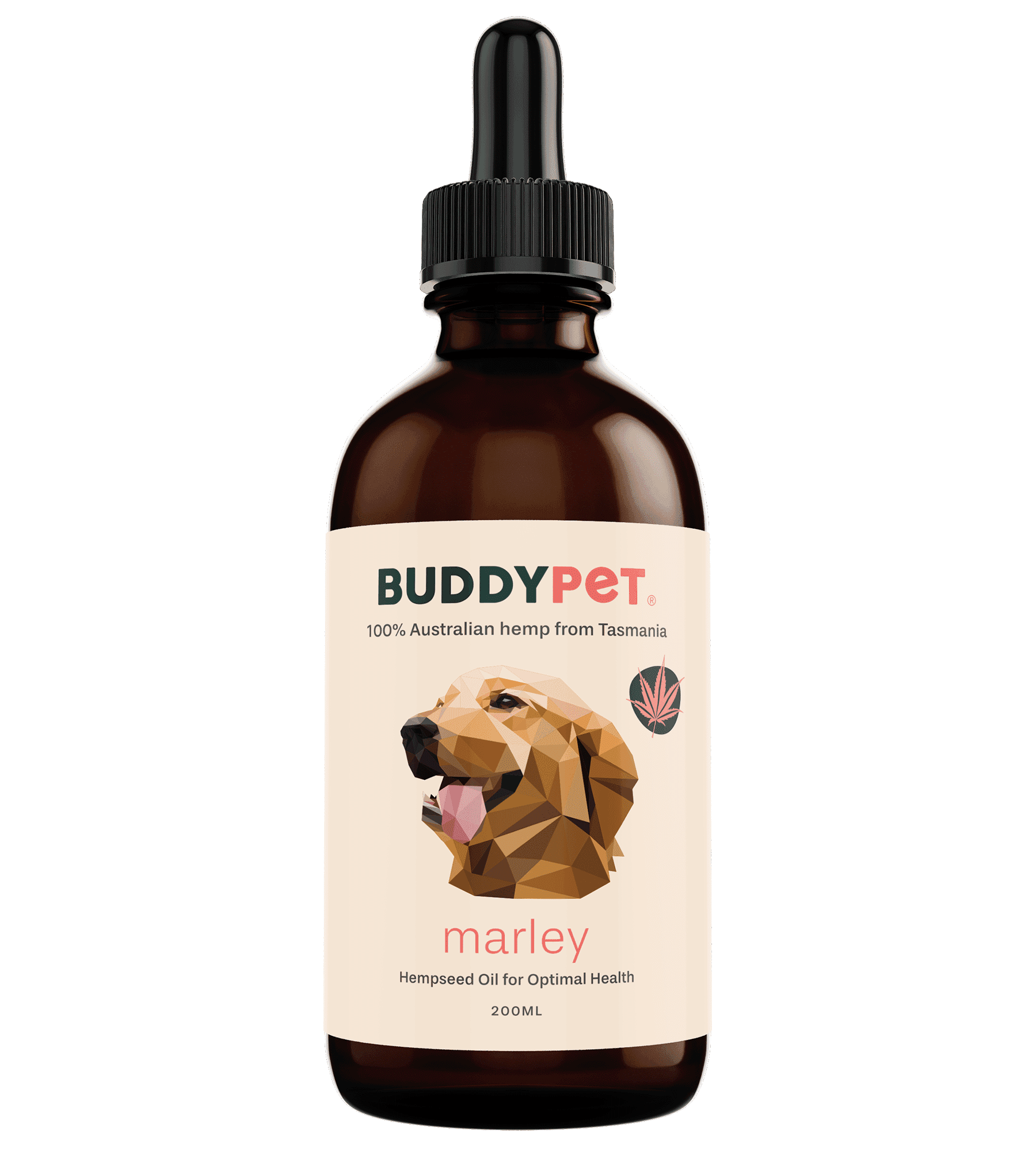Chronic kidney disease, or CKD, is one of the most common afflictions in older cats and is characterised by the ongoing loss of kidney function. It develops due to long-term, irreparable damage to the kidneys, impairing their ability to function normally. Not only is chronic kidney disease both incurable and irreversible, but it’s also a progressive condition.
The kidneys are responsible for several regulatory processes critical to the animal's health and function. Among these functions are filtering waste products from the bloodstream and making urine to excrete said waste products. Other essential functions include maintaining electrolytes, minerals, and fluid levels, producing vital hormones, and controlling blood pressure.
What Causes Chronic Kidney Disease?
Although many cases of CKD are idiopathic (meaning no identifiable cause), some causes and correlations are well recognised. Severe dehydration, physical trauma, and accidental poisoning are all causes of acute kidney disease, a sudden onset of kidney disease that can be cured or reversed if caught in time. Acute kidney disease left untreated for an extended period can lead to chronic kidney disease. In addition to untreated acute kidney disease, CKD can result from various other diseases and conditions.
Glomerulonephritis
This condition is characterised by inflammation and damage to the individual units, called glomeruli, that filter blood within the kidneys. This condition is caused by viral and bacterial infections, toxins, medications, and other diseases. Regardless of the specific cause, prolonged inflammation of the glomeruli can lead to chronic kidney disease.
Tumours, Cysts, and Fibrosis
Tumours such as lymphomas and cysts such as those in polycystic kidney disease can gradually cause normal, healthy kidney tissue to be replaced by diseased tissue. Kidney fibrosis is the formation of scar tissue within the kidneys as they often fail to heal themselves correctly. Over time, this scarring can inhibit the kidney’s ability to function correctly and lead to the worsening of chronic kidney disease.
Infections
Both bacterial and viral infections can cause chronic inflammation, which leads to substantial damage to the kidneys, affecting their normal functioning and even leading to chronic kidney disease. Infectious agents can access the kidneys via the urinary bladder as an ascending infection or via the bloodstream. Even infections targeting organs neighbouring the kidneys can quickly cause permanent kidney damage due to their proximity.
For a closer look at urinary tract infections, read UTI: Cases, Symptoms, Treatment.
Bacterial Overgrowth in the Gut
Chronic inflammation of the colon and other digestive organs can break down the tight epithelial junction barrier and lead to the translocation of bacterial DNA and endotoxins. The bacterial overgrowth in the gut allows toxins into the bloodstream, furthering systemic inflammation, poor cardiovascular health, and further progression (worsening) of CKD.
What does water have to do with CKD?
Chronic dehydration and severe dehydration can cause damage, leading to chronic kidney disease. Without adequate hydration, a cat’s urine will have a high concentration of waste products and excess minerals. This urine can lead to the formation of the crystals that make up kidney stones that contribute to chronic kidney disease.
Water is essential not only for preventing chronic kidney disease but also for managing it. Cats with CKD have kidneys that are ineffective at removing waste from the body via urine. Additionally, damaged kidneys fail to conserve water which can present further complications regarding fluid levels, blood pressure, and more. Many cats compensate for their kidneys by drinking more water to continue removing waste.
Treatment Options for Chronic Kidney Disease
Although there is no definitive cure for chronic kidney disease, a number of treatments can help. Evidence suggests that the earlier CKD is diagnosed and treatment begins, the better the long-term survival and quality of life. The treatment goals are to maintain adequate nutrition and hydration, minimise the build-up of toxic waste products, support kidney function, and prevent the progression of CKD and secondary conditions.
Dietary Modifications
Special Diets
Therapeutic diets are a significant part of treating chronic kidney disease, as they can considerably reduce the level of waste products in the body. These diets feature low phosphorus, protein, and sodium levels paired with high levels of water-soluble vitamins, antioxidants, and fibre. These diets can be difficult for some cats to accept, so remember to transition slowly and consistently consider their food's flavour, temperature, and texture.
Supplements
Chronic kidney disease strains the body, increasing the need for specific vitamins and minerals; both are good reasons to supplement your cat’s nutrition.
Fish Oil: This oil, created from the fat or oil extracted from fish, is high in omega-3 fatty acids and has remarkable anti-inflammatory properties. The omega-3 fatty acids, DHA and EPA, use cellular signals to reduce inflammation, lower blood pressure, and promote good heart health. Additionally, the essential acids support adequate nutrition and the immune system and can ultimately help slow the progression of CKD.
At BUDDYPET, we recommend Luna - a delicious blend of fish oil and hemp seed oil for senior cats.
Proper Hydration
As discussed above, water is vital in managing your cat's chronic kidney disease. Because the kidneys are less effective at concentrating large quantities of waste products in the cat’s urine, they will need more water than usual. Most cats are fussy about their water, so encourage proper hydration by ensuring a source of fresh water is always available, adding water to their food, and using flavoured waters. Many cats will drink more if provided with a flowing source of water from a pet fountain.
Therapy for Secondary Conditions
Secondary conditions such as anemia, hypertension, and significant urinary protein loss are common complications of chronic kidney disease. It is vital to take these conditions seriously since they can further complications of CKD and can even be fatal.
Erythropoietin and similar compounds treat anemia by encouraging red blood cell production. A blood transfusion can bring red blood cell levels back to a normal range in more severe cases.
Hypertension and urinary protein loss are common complications of kidney disease that various oral medications can help control and manage. Angiotensin-converting- enzyme inhibitors are often used to combat urinary protein loss.
Oral Medications
Antibiotics
Though it is not fully understood, many cats with chronic kidney disease respond well to antibiotics. It may be related to the frequency cats with CKD develop urinary tract infections. Due to a weaker immune system, they are more susceptible to other illnesses, conditions, and diseases in general.
Antiemetics
In cats with chronic kidney disease, nausea and vomiting are particularly dangerous since properly timed therapeutic meals are an essential part of treatment. Additionally, frequent vomiting can lead to dehydration, which can impede your cat’s health and become life-threatening. Antiemetics can be very beneficial in managing your cat’s nausea and vomiting to prevent these issues. It is not uncommon for cats with CKD to require hospitalisation periodically for intravenous fluids and medications to break the vicious cycle of vomiting and dehydration seen with chronic kidney disease.
Other things you can do to help your cat is feeding them three to four small meals a day to make it easier for their kidneys to handle waste excretion and avoid stress. Stress (new cat in the house, change of routine, loud noises, cold sleeping place) can significantly exacerbate the CKD condition.
Conclusion: Keep your home a warm, peaceful sanctuary with many freshwater options always available throughout the house; consider anti-inflammatory fatty acid supplements, watch for first signs of infections and talk to your vet the moment something looks out of the ordinary or concerning.




